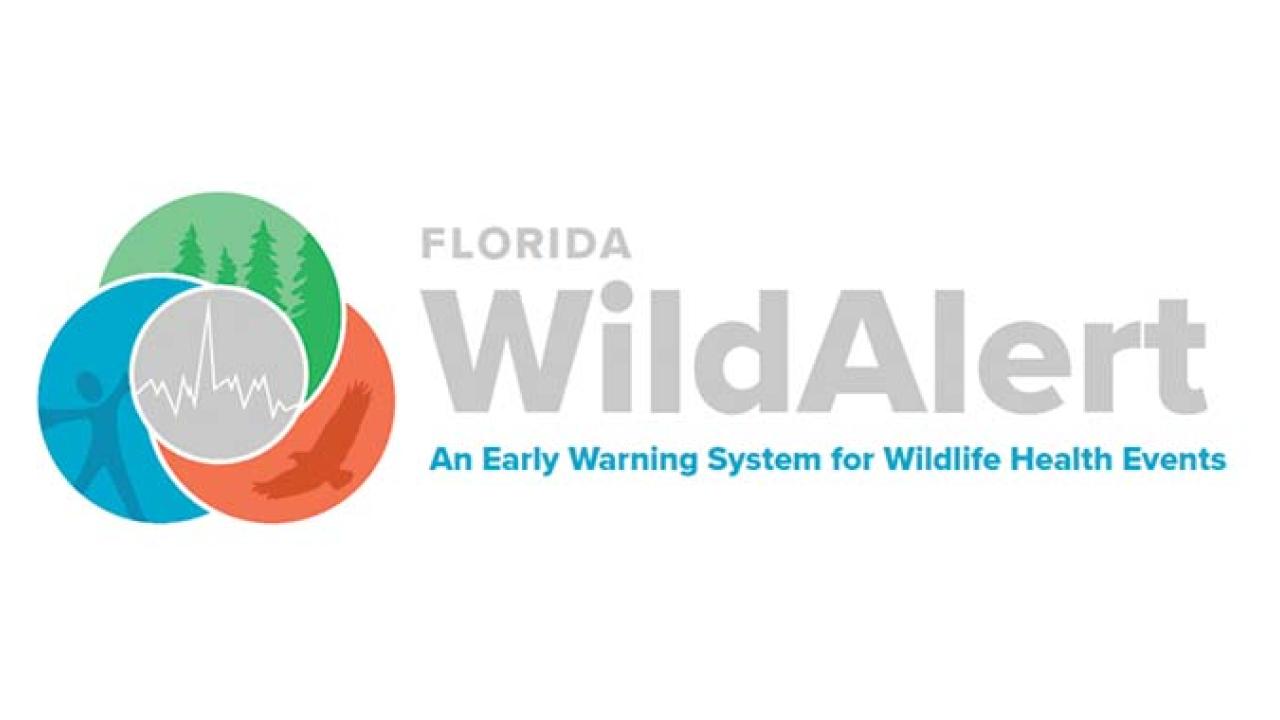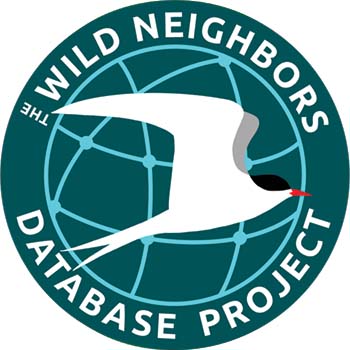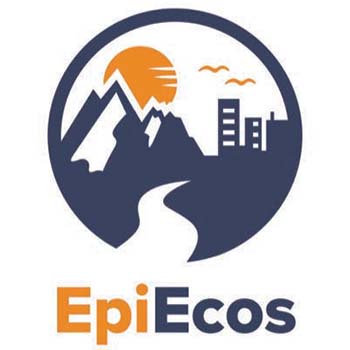
WildAlert coming soon to Florida
We are thrilled to announce that WildAlert will soon be coming to the state of Florida!
WildAlert will be implemented in support of activities currently conducted by the Florida Fish and Wildlife Conservation Commission (FWC) and the Florida Fish and Wildlife Research Institute (FWRI). The Florida WildAlert platform, which is an event-based wildlife disease surveillance tool, is being developed through a partnership between the Florida Fish and Wildlife Conservation Commission, Wild Neighbors Database Project, School of Veterinary Medicine, University of California - Davis, and EpiEcos and will be launched in early 2025.
This project aims to leverage an active network of wildlife rehabilitation organizations and wildlife clinical data in Florida to enhance early detection of wildlife morbidity and mortality events and increase situational awareness of wildlife health threats across the state.

The ability to rapidly detect and respond to wildlife morbidity and mortality events is critical for reducing health threats. The Wildlife Morbidity and Mortality Event Alert System (WildAlert) integrates pre-diagnostic data in real-time entered by a network of wildlife rehabilitation organizations working on the frontlines of wildlife health to enable early and enhanced detection of wildlife morbidities and mortality events (Kelly et al. 2021). WildAlert runs in parallel to the Wildlife Rehabilitation Medical Database (WRMD), a free online database (wrmd.org) designed specifically for wildlife rehabilitation organizations to compile, analyze, and archive standardized patient data. WRMD currently houses data for 1100+ wildlife rehabilitation organizations across 50 U.S. states and 26 countries around the world.
WildAlert classifies pre-diagnostic data into relevant clinical classifications using a natural language processing algorithm (machine learning methods for text-related data), generating alerts when more than the expected number of cases are recorded across the wildlife rehabilitation network. The system has demonstrated effectiveness and efficiency in alerting to events associated with both common diseases as well as emerging threats in California (emergence of Pigeon Paramyxovirus Type 1 in Eurasian collared doves in central California as it spread from the southern aspect of the state and detection of Sarcocystis calchasi in feral rock pigeons) and has proven capability for early detection of health events related to environmental toxicities (domoic acid toxicity in marine birds, anticoagulant rodenticide toxicity in skunks, and lead poisoning in vultures). Alerts are shared on a real-time basis with wildlife agency authorities who conduct in-depth disease investigations and implement mitigation measures for select events based on agency priorities. WildAlert Florida will have improved natural language processing models running in the backend and will have enhanced ability of detecting unsulal health events through complex forecasting models.
Enhanced capacity to quickly identify unusual cases or patterns in wildlife morbidities and mortalities is becoming more important with increasing anthropogenic pressures causing unforeseen threats. As emerging threats become more commonplace, there is a greater need for wildlife disease surveillance programs that extend beyond tracking only known hazards and have the capacity to rapidly detect small, isolated events.
We are honored to be able to bring WildAlert to the state of Florida.

|

|

|

|
Kelly TR, P.S. Pandit, N. Carion, D.F. Dombrowski, K.H. Rogers, S.C. McMillin, D.L. Clifford, A. Riberi, M.H. Ziccardi, E.L. Donnelly-Greenan, and C.K. Johnson. 2021. Early detection of wildlife morbidity and mortality through an event-based surveillance system. Proc. R. Soc. B 288: 20210974. https://doi.org/10.1098/rspb.2021.0974
Media Resources
Devin Dombrowski, Devin.dombrowski@wildneighborsdp.org
Dr. Terra Kelly, terrakelly@epiecos.com
Dr. Pranav Pandit, pspandit@ucdavis.edu
